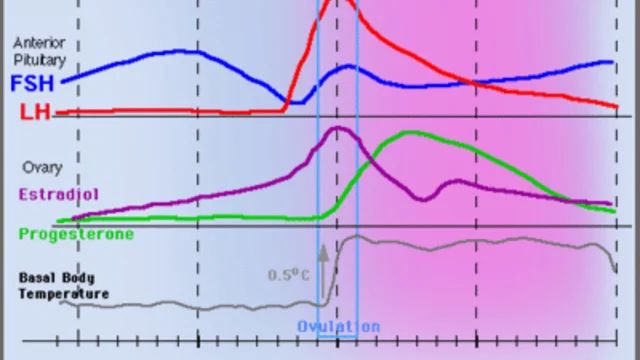Unmasking Ectopic ACTH Syndrome
Patient: Sarah, a 45-year-old teacher, was previously known for her energetic nature and infectious smile.(ACTH)
Presenting Complaint:
Over the past year, Sarah noticed weight gain, particularly around her abdomen and face, forming the classic “moon face” associated with Cushing’s syndrome. Other symptoms included chronic fatigue, muscle weakness, high blood pressure, and mood swings.

Initial Diagnosis:
Based on symptoms and blood tests confirming elevated cortisol levels and suppressed ACTH, Sarah was diagnosed with Cushing’s syndrome. However, further investigations painted a more intricate picture.
The Deceptive Clue
A high-dose dexamethasone suppression test, usually ineffective in pituitary Cushing’s, offered the first clue. Sarah’s cortisol levels remained stubbornly elevated, suggesting an “ectopic” source of ACTH production outside the pituitary gland.
Unraveling the Mystery: Imaging scans revealed a small, slow-growing neuroendocrine tumor nestled within Sarah’s lung. This “phantom conductor” was orchestrating the excessive cortisol production, mimicing the maestro of the adrenal glands – the pituitary gland.
The Treatment Symphony:
- Surgery: The first act involved a minimally invasive surgical procedure to remove the ectopic tumor. Thankfully, complete resection was achieved, offering the potential for remission.
- Medical Support: While Sarah recovered from surgery, medications like mitotane helped curb adrenal cortisol production, bringing the hormonal orchestra back into tune. Regular monitoring and adjustments to her medication regimen became the new score of her life.
- Psychological Harmony: The chronic stress and hormonal imbalance had taken a toll on Sarah’s mental well-being. Therapy and support groups helped her address anxiety and depression, restoring emotional harmony.
The Encore:
Months later, Sarah’s cortisol levels stabilized, her moon face faded, and her energy started to return. While occasional fatigue and vigilance remain, she’s back to leading her classroom with enthusiasm. The ectopic ACTH syndrome, though a challenging chapter, became a testament to Sarah’s resilience and the power of accurate diagnosis and early intervention.
Lessons Learned:
- Ectopic ACTH syndrome can mimic pituitary Cushing’s, requiring careful attention to subtle clinical and diagnostic clues.
- Early diagnosis and tumor localization are crucial for optimal treatment and potential remission.
- A multidisciplinary approach, including surgery, medication, and psychological support, is essential for holistic management.
- Patient education and empowerment are critical to navigating the long-term journey with EAS.
Sarah’s story embodies the complex dance of hormones, the challenges of medical mysteries, and ultimately, the triumph of human resilience over deceptive ailments. As research continues to refine diagnostic tools and treatment options, stories like Sarah’s offer hope for a future where the music of health plays loud and clear for everyone.
Note: This case study is fictional and for educational purposes only. It should not be used as a substitute for medical advice from a qualified healthcare professional.
